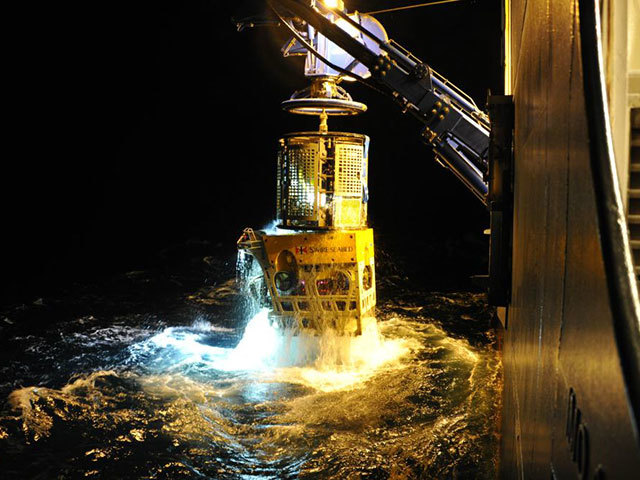
Investors in Norway, western Europe’s largest oil and gas producer, face more political wrangling as the level of brinkmanship in lawmaking picks up.
The minority coalition, in office since October, is Norway’s first in almost a decade to rely on opposition parties to push through laws. Those include how to manage the nation’s $880 billion sovereign wealth fund and how to develop key offshore oil projects. The composition of the legislature means stakeholders in Norway’s affairs must gird for “some disturbances,” Finance Minister Siv Jensen said yesterday in an interview in Oslo.
Investors in Scandinavia’s richest nation have been wrong- footed a few times in the past three years, most notably when the government in 2011 withdrew Eksportfinans ASA’s state backing, turning top-rated bonds into junk notes. Then in 2013, investors balked at a decision to cut gas distribution tariffs, a move they said sliced as much as $6.5billion off their income.
The Labor government that pushed through those measures is now the largest party in the opposition bloc. “The decision- making process takes a little longer time than it has been for the last eight years with a majority government,” Jensen said.
In May, oil and gas producers warned of delays after a parliamentary majority worked against the government to try to force Statoil ASA and other producers to power North Sea developments from land. Labor backed down last week and struck a deal with the government to avoid potentially costly delays.
The process drew criticism from energy industry representatives and investor groups. The uncertainty risks making projects “less profitable” as investors are forced to include “political risk” in their calculations, Erling Kvadsheim, head of licensing policy at the Norwegian Oil and Gas Association, said at the time. Petter Osmundsen, a professor of petroleum economics at the University of Stavanger, said he’d “never seen anything like this before” and cautioned against setting a precedent that casts doubt on which rules apply.
“There will always be some disturbances when we have a political debate, which we do have right now,” Jensen said.
Norway is facing lawsuits from investors in the nation’s gas pipelines, including Allianz AG and Abu Dhabi’s sovereign wealth fund. They are seeking to reverse the previous government’s decision to cut gas transport tariffs.
While energy investors are trying to sue the government, the dispute isn’t cause for concern for those buying and selling Norwegian kroner, according to HSBC Bank Plc.
“Unless there is something very destabilizing happening in the political realm, with implications for monetary policy, then the market will remain happy to look through political disturbances,” Daragh Maher, currency strategist for HSBC in London, said today by phone.
Jensen, whose Progress Party entered government for the first time last year, said she doesn’t see any reason for “major concern.”
“There’s no need to calm any market, everything looks very stable,” she said.
Recommended for you
